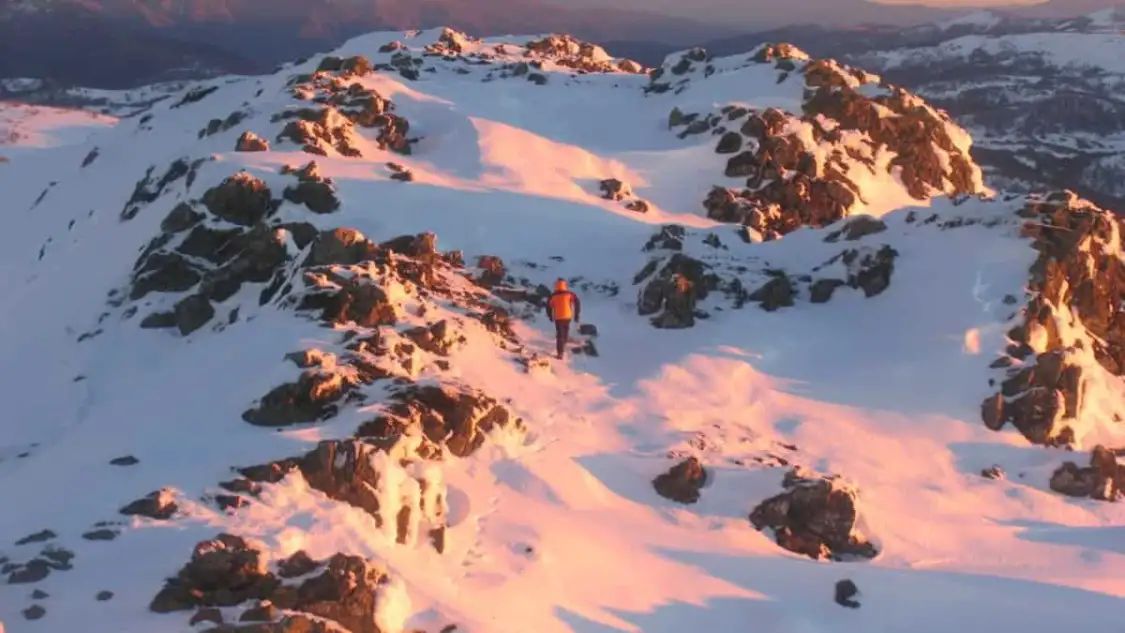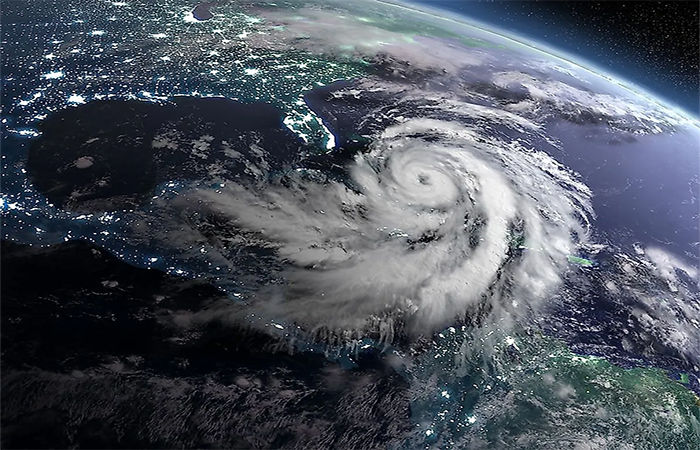Australian Alps face world’s largest loss of snow by end of century, research shows
The study, conducted by researchers from the University of Bayreuth in Germany and published on March 15, underscores the urgent ramifications of the climate crisis.
Seven ‘ghost particles’ pierce through Earth, get captured by IceCube observatory at South Pole
The research warns of a potential 78 per cent reduction in snow cover in the Australian Alps by the end of the century, a rate much higher than that projected in regions such as the European Alps, Japanese Alps, and Southern Alps of New Zealand. It anticipates that 13 per cent of ski areas worldwide may lose all natural snow cover under scenarios of high emissions.
“Ongoing climate change will globally lead to a substantial reduction in annual snow cover days in current ski areas under all emissions scenarios,” the study asserts. It highlights a significant rise in ski areas devoid of snow in the future.
Examining seven major mountainous skiing regions, including the European Alps, Andes, Appalachian Mountains, and others, the study evaluated the impacts of three climate change scenarios: “low,” “high,” and “very high” emissions. Regardless of the emission scenario, it forecasts a notable decrease in annual snow cover days across these areas.
Greenland’s melting rate of ice sheets can predict Europe’s summer weather. Here’s how
Ski areas in the southern hemisphere are projected to be particularly affected by climate change, especially under scenarios of high emissions. Australia’s anticipated 78 per cent decline in snow cover stands out as the highest among the regions studied.
The study suggests that ski resorts located in densely populated regions will bear the brunt of global warming’s impacts, potentially leading to decreased economic profitability.
While current strategies like artificial snowmaking are in use to mitigate snow scarcity, the study cautions that they may prove insufficient under severe climate change scenarios.
To counteract the effects of climate change, the study proposes technical and management strategies, such as relocating or expanding ski areas into less populated, higher-elevation mountain areas.
Scientists record ‘great swarm’ of underwater earthquakes that can soon trigger a volcano
However, it acknowledges that such actions may pose threats to mountainous biodiversity and natural ecosystems.
Despite the economic significance of skiing for local communities, the study emphasizes the need to address the ecological implications of expanding ski areas and shifting tourism patterns towards higher elevations. It underscores the importance of finding sustainable solutions that balance economic interests with environmental conservation.





